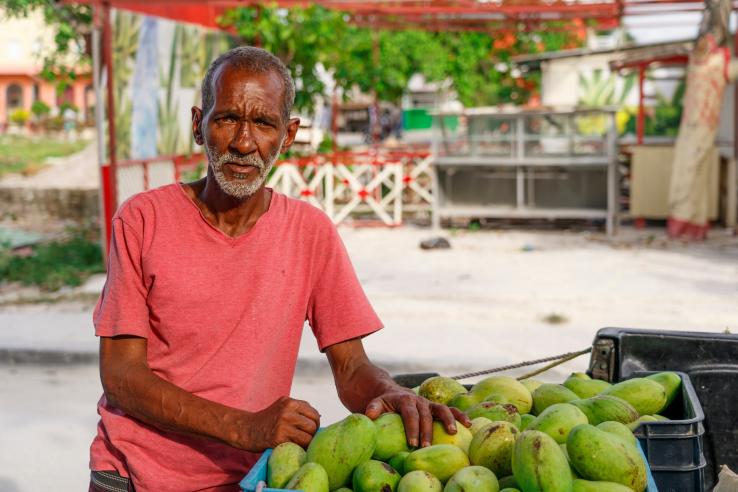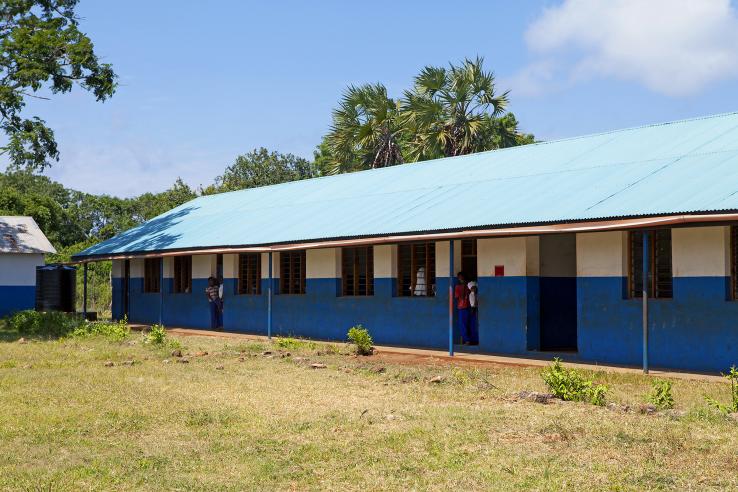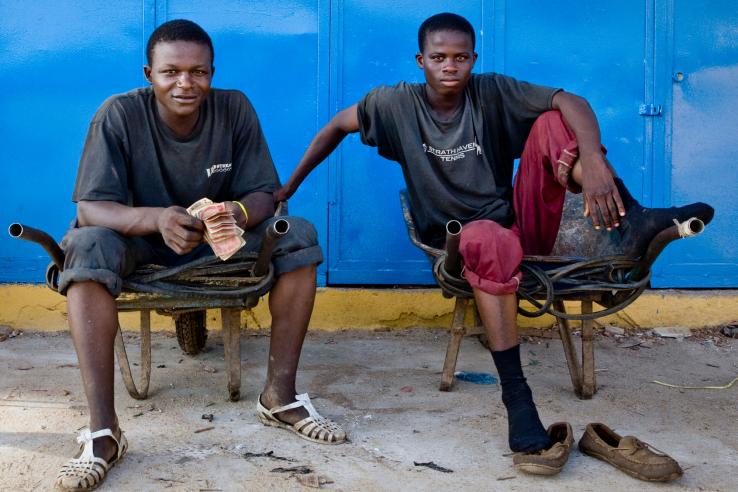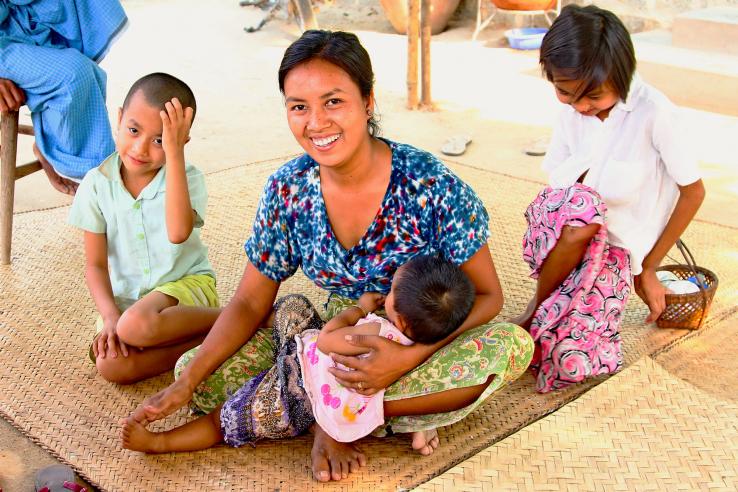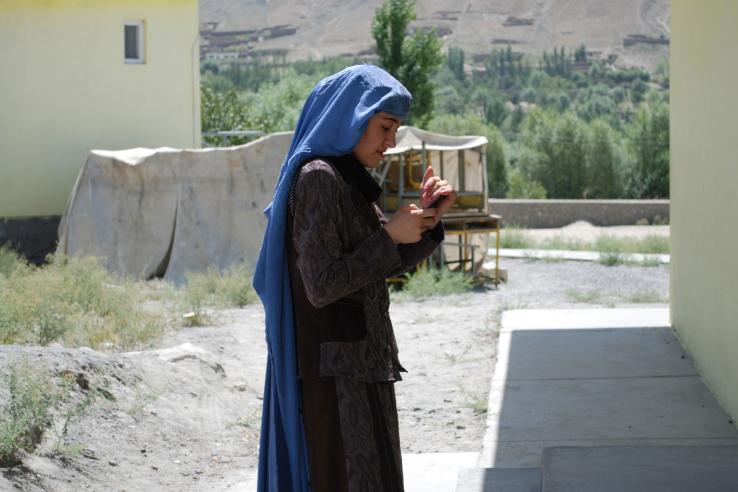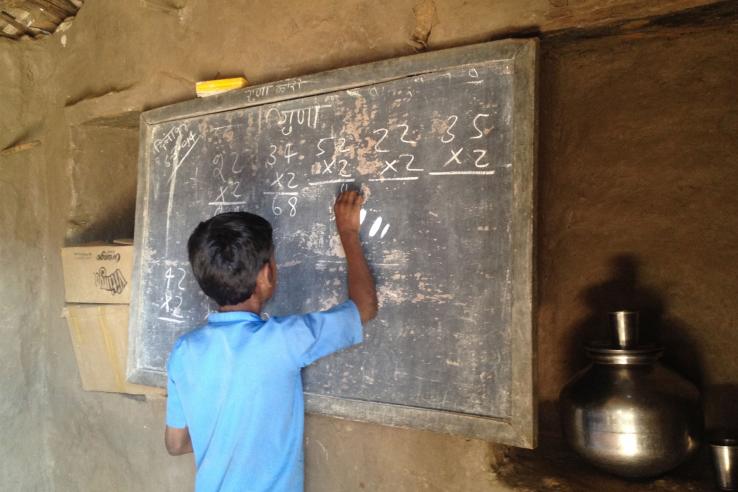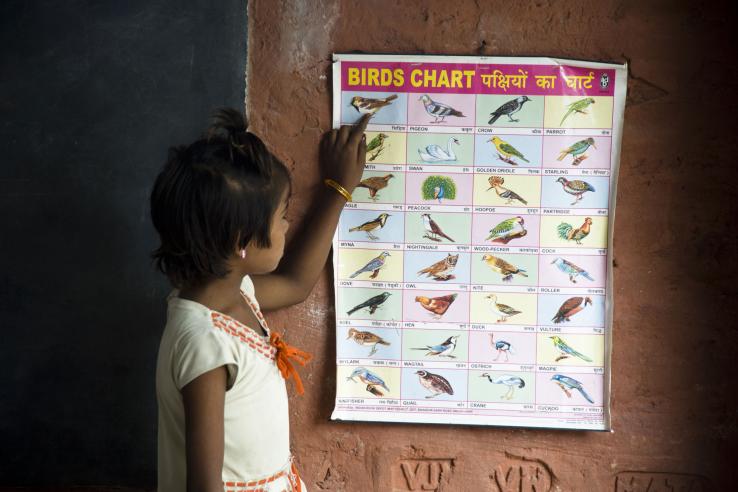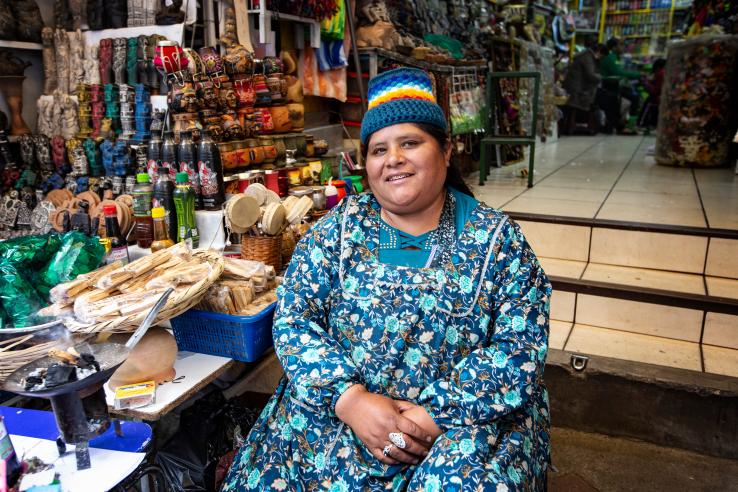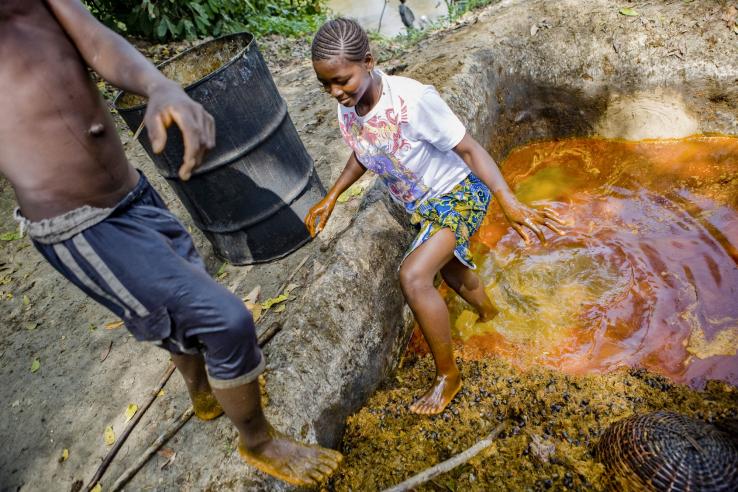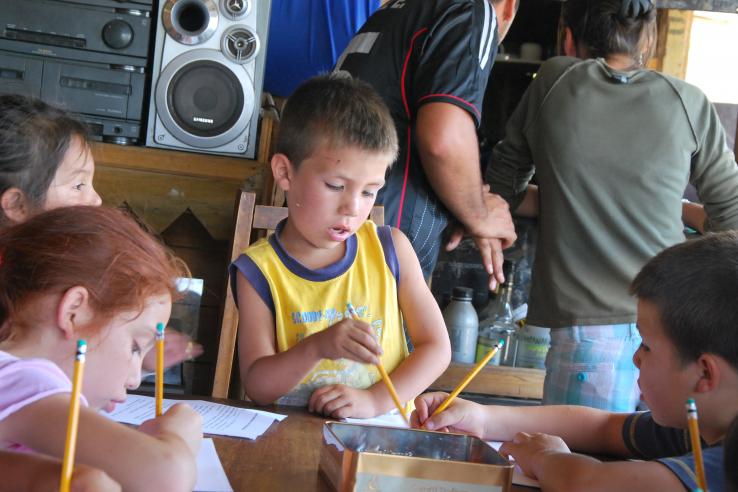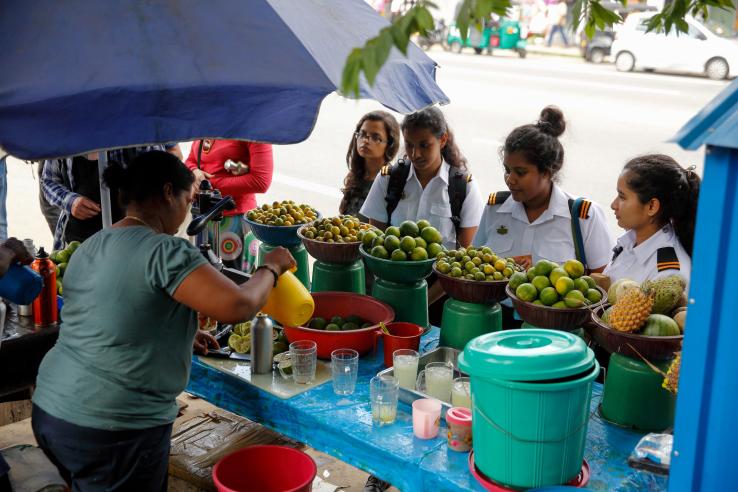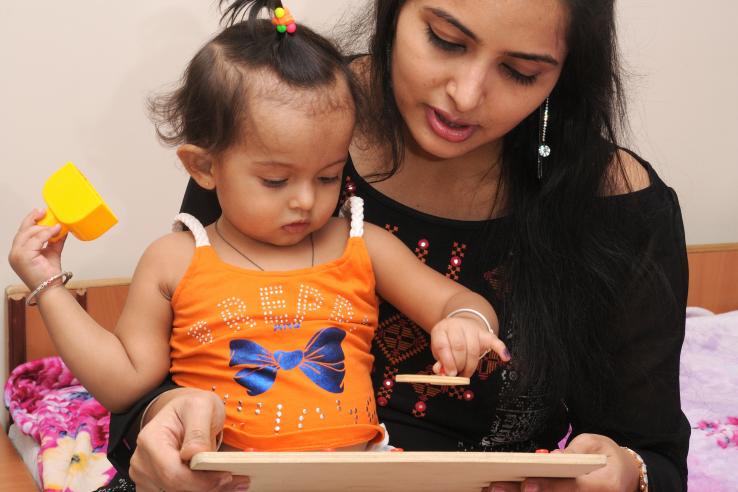Displaying 4051 - 4065 of 8489
Evaluation
Working with a microfinance institution in Ecuador, researchers investigated whether providing timely reminders to save via text message can help people save more.
Evaluation
Researchers conducted a randomized evaluation with a bank in the Dominican Republic to compare the impact of two distinct programs: standard accounting training versus a simplified, rule-of-thumb training that taught basic financial heuristics.
Evaluation
To test the impact of information on teenagers’ sexual decisions, a “Relative Risk Information Campaign” was conducted in 71 schools to give students information about the distribution of HIV infection rates by age and gender groups and discuss the role of cross-generational sex in the spread of HIV. The information led to a significant reduction in unwanted teenage childbearing with older partners, suggesting a decrease in unprotected sex with older partners.
Evaluation
Researchers worked with Mercy Corps to evaluate the impact of a sports and life skills development program on psychosocial and labor outcomes of vulnerable young people. While the program had no effect on improved psychosocial well-being or resilience, it did lead to an increase in labor force participation.
Evaluation
Researchers are testing whether delivering cash through governmental institutions or through an existing MFI is more cost-effective and easier to scale-up.
Evaluation
In partnership with a mobile network operator launching a new phone-based savings account, researchers evaluated the role of defaults and financial incentives on savings decisions. Two months after the launch of the phone-based savings account, the company’s employees randomly assigned a default contribution rate of 5 percent were 40 percentage points more likely to contribute to the account than employees assigned a default contribution rate of 0 percent.
Evaluation
Evaluation
This study estimated the effect of financial incentives on teacher attendance on students' attendance and math and language levels. The incentives increased teacher attendance and teaching time, and student test scores rose as a result.
Evaluation
Researchers partnered with the Akshara Foundation in Bangalore, India to evaluate the impact of hiring trained librarians in primary schools on students’ academic achievement. Overall, the intervention had little effect on students' language, math, and science skills and had no impact on student attendance rates.
Evaluation
In Bolivia, researchers investigated whether alarm boxes, designed to both remind people to save and to keep their savings safe, could have an effect on savings rates among microfinance clients.
Evaluation
Researchers tested the effect of an inventory credit program that provided storage facilities and loans on palm oil farmers’ agricultural activities in Sierra Leone. Take-up and use of the storage and loans was low, and there was no impact on total storage or timing of sales.
Evaluation
Researchers partnered with the Colombian Family Welfare Agency to evaluate how providing enhanced curriculum guidelines and larger nutritional supplements for the Family, Women, and Infancy Program impacted child development. Compared to children receiving the traditional FAMI program, the enhanced FAMI intervention led to significant improvements in the quality of children’s home environment and their cognitive development, particularly for poorer children. There was no significant impact on socio-emotional development.
Evaluation
Researchers evaluated the impact of a business training intervention, alone and combined with a cash grant, on the income and other business outcomes for self-employed women in Sri Lanka. Researchers found that business training alone was not sufficient to generate business growth, but when combined with a US$129 cash grant, the business training program appeared to boost profits in the short-term.
Evaluation
In partnership with the Association of Volunteers in International Service, researchers evaluated the impact of the Women’s Income Generating Support (WINGS) program, an initiative which provided low-income Ugandan individuals, mainly women, with financial grants, business skills training, and ongoing supervision on individuals’ economic outcomes. The WINGS program improved individuals’ earnings and access to nonfarm business opportunities in postwar Uganda.
Evaluation
Researchers evaluated the impact of an early childhood psychosocial stimulation program on child development outcomes in urban Odisha, India. They found that a home-visiting stimulation program led to greater development outcomes, particularly for boys, stunted children, and children with more educated mothers.

